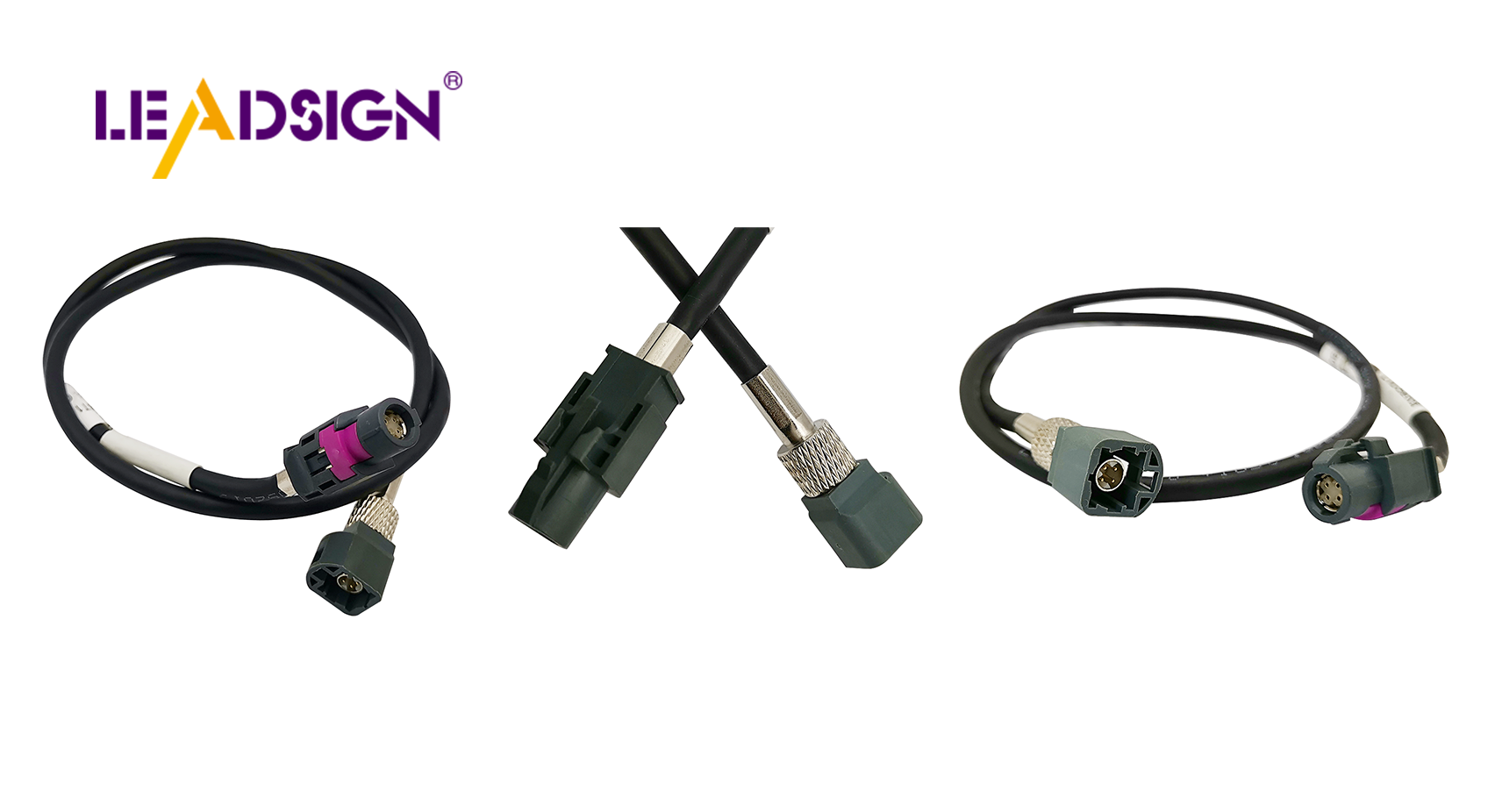Why Performance Standards Matter for Automotive Electrical Connectors Types

Automotive electrical connectors types are crucial components in modern cars. They facilitate communication between systems and enable power transmission. These connectors are designed to withstand challenging environments, including high temperatures. It is important to note that a connector operating at 120°C is more susceptible to failure compared to one at 20°C. Adhering to performance standards is essential in ensuring optimal functionality and durability. Manufacturers prioritize compliance with these standards to guarantee the efficiency and reliability of automotive electrical connectors, ultimately enhancing vehicle safety and performance.
Understanding Car Electrical Connectors Types
Overview of Car Electrical Connectors Types
Car electrical connectors are important for vehicle systems. They help with communication and power flow. Here are some common types:
Blade Connectors
Blade connectors connect wires easily. They have a flat metal piece that fits into a slot. This makes them easy to use and remove, perfect for many car uses.
Pin Connectors
Pin connectors use round pins to connect things. They are strong and secure, used when many contact points are needed. Their design allows for tight spaces, good for complex car systems.
Butt Connectors
Butt connectors join two wires together end-to-end. They are often used in car wire harnesses. Their design makes sure the connection is strong and lasts long.
Features of Car Electrical Connectors Types
Knowing these features helps pick the right connector for each job.
Material Used
Copper and aluminum are used because they conduct well. The material choice affects how well the connector works and lasts. Good materials help avoid failure, especially in tough places.
Design Details
Design details include temperature limits and contact numbers. These decide if a connector fits different jobs well. Good design means connectors handle power needs reliably.
Strength and Lifespan
Strength is key in car electrical connectors types. They must handle tough conditions like shaking and heat changes. Good ones last long, needing fewer replacements, keeping performance steady.
Why Standards Matter
Standards are key for car electrical connectors. They make sure these parts work well, keeping cars safe and running smoothly.
Keeping Things Reliable
Reliability is super important for car connectors. They need to work in all conditions to keep cars safe and avoid problems.
Safety First
Car connectors affect safety a lot. They link important systems like brakes and airbags. Good connectors make sure these systems work right. If they fail, it can be dangerous. So, following standards keeps everyone safe.
Stopping Electrical Problems
Electrical issues can mess up cars. Connectors must stop these by staying connected well. Standards help by giving rules for strength and power flow. This lowers the chance of problems, helping cars run smoothly.
Boosting Efficiency
Efficiency helps cars perform better. Standards guide makers to build energy-saving connectors that work great.
Saving Energy
Saving energy is part of being efficient. Connectors that meet standards waste less power. More energy goes where it's needed, cutting waste. This helps with fuel use and cuts pollution, which is good for everyone.
Best Performance
Best performance happens when connectors do their job well. Standards ensure they handle power without overheating or breaking down. This boosts how well cars run since systems get the power they need to work right. Meeting standards means making better driving experiences.
Implementing Performance Standards
Setting performance standards helps connectors work well and last long. These rules guide makers to build strong connectors for tough conditions.
Industry Rules
Industry rules are key for making good car connectors. They give steps to follow for safety and quality.
ISO Standards
ISO standards set worldwide rules for car connectors. They detail tests to keep products the same everywhere. By following these, makers ensure their connectors work well in different places. ISO standards focus on lasting, working right, and being precise, which keeps cars safe.
SAE Standards
SAE standards are also important guidelines. They cover what car makers need, like connector strength and weatherproofing. These help make connectors that handle hot or shaky conditions in modern cars.
Testing and Checking
Testing checks if connectors meet the rules. This makes sure only top products are sold.
Quality Checks
Quality checks involve testing how connectors work in heat or fail rates. This finds weak spots to fix designs. It ensures they survive tough car conditions, lowering failure chances.
Rule Following Check
Rule following checks confirm if connectors meet industry rules. This includes careful looks and approvals. By checking this, makers prove their products are safe and work well, building trust in automotive electrical connectors types.
Performance standards are very important for car connectors. They help make sure connectors work well in tough conditions. This keeps cars safe and running smoothly. As technology grows, car connectors change too. Experts say quality and reliability matter a lot. By following these rules, makers can meet new car needs. This ensures systems talk and share power easily.
See Also
Significance of HSD Connectors in Automotive Sector
Value of Fakra Connectors in Automotive Applications
Fundamentals of HSD Connectors in Auto Sector
Vital Role of FAKRA Connectors in Auto Sector
Improving Data Transfer: Significance of High-Speed Auto Connectors

